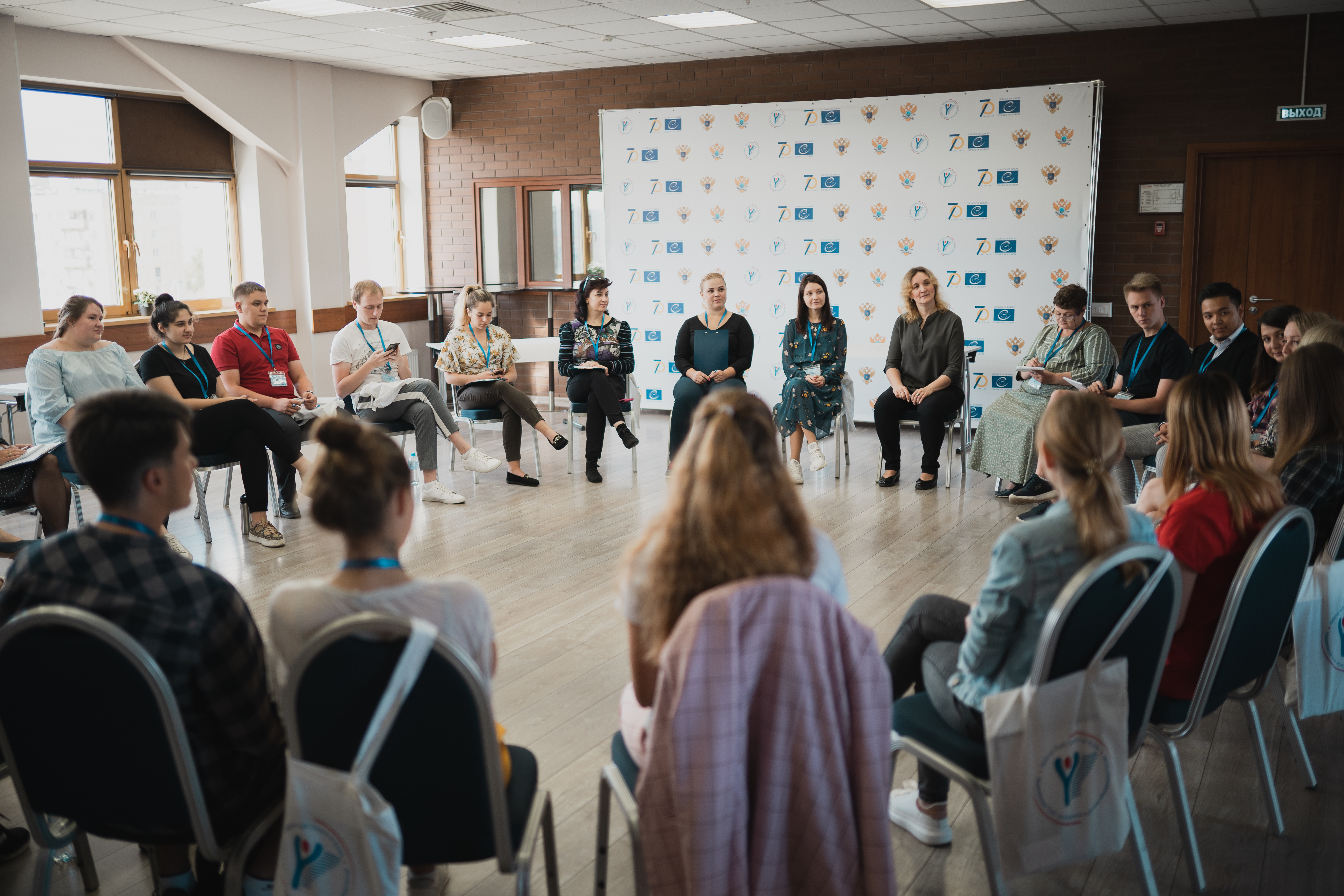The Second World War in its scale and intensity, in the number of people who participated in it, in the quantity and quality of military equipment, in its enormous human casualties and material destruction surpassed all wars of the past.
Military operations took place in Europe, Asia, Africa, in the Atlantic, Pacific, Indian and Arctic oceans. More than 55 million people died in the Second World War, 27 million died in the Soviet Union.
The victory over Nazi Germany and its allies was achieved through the joint actions and efforts of the states of the anti-Hitler coalition united in their anti-fascist liberation struggle against the invaders. The Soviet army made an invaluable contribution to this fight.
The Nuremberg Tribunal held after the war outlawed war crimes and crimes against humanity committed by the Nazis and their collaborators, and convicted the leaders of the Nazi regime. It was during the Nuremberg trials that the world learned in detail about the horrors of National Socialism and the brutal crimes committed by the followers of this ideology. The Nuremberg Tribunal set an important precedent for the international justice that preceded the creation of international human rights law and the revision of humanitarian law.
Unfortunately, in recent years, we are increasingly witnessing attempts to distort history and falsify the results of the Second World War. The war declared in some countries with monuments in honor of fighters against Nazism and fascism gained unprecedented scope. Neo-Nazi marches and torchlight processions take place along the streets of cities in the very center of Europe in honor of those who actively collaborated with the Nazis and were accomplices in their crimes. Educational programs and cultural projects glorify the "feat" of voluntary members of the national SS legions who fought for Nazi Germany and took part in numerous massacres of civilians. Racist and xenophobic rhetoric is increasingly heard, and manifestations of Islamophobia, Christianophobia, Afrophobia and anti-Semitism have become commonplace in many countries. Cases of discrimination against national minorities including oppression of national communities in public life, creation of obstacles for them in preserving their national culture and using their native language, harassment of the media, etc. are increasingly occurring.
A guarantee of preventing the spread of Nazi ideas can be teaching the history based on an accurate and truthful presentation of historical facts.
Historical memory education and historical memory initiatives with, for, and organized by youth play an important role in preserving the memory of tragic events, learning from the past and preventing the "sowing of seeds of hatred" in the future. They are key to ensuring that the terror of the Second World War and crimes against humanity will not be repeated.
The international training seminar for youth on the preservation of historical memory "Memory and Lessons of the Second World War" has been held since 2014 on the initiative of the National Youth Council of Russia.
In 2019 the training seminar was held at the European Youth Center in Strasbourg and took place from December 9 to 10.
This event was part of the Action Plan for 2019 for the implementation of the Framework Program for Cooperation between the Council of Europe and the Russian Federation in the field of youth policy.
The goal of the seminar in 2019 is to involve youth in the dialogue on preserving the historical memory of the Second World War, helping to improve the quality of youth projects to preserve the historical memory of the Second World War. The goal is also to make proposals for organizing events in 2020 in connection with the 75th anniversary of the end of the Second World War (both in content and methodology).
The training seminar was organized jointly by the Ministry of Science and Higher Education of the Russian Federation, the Youth Department of the Council of Europe, the National Youth Council of Russia and MIREA – Russian Technological University.
The seminar was attended by 25 people including experts from the Russian Federation and other Member States of the Council of Europe with pedagogical experience in the field of education aimed at preserving historical memory as well as leaders of youth organizations with experience in this area.
The key results:
During the seminar the participants:
-
discussed practices and exchanged experiences in holding events for young people to preserve the historical memory of the Second World War,
-
reviewed educational activities in the field of historical preservation among young people, examined their significance, lessons learned and areas for improvement,
-
proposed fundamental principles for conducting events to preserve historical memory among young people,
-
made proposals for organizing events in 2020 in connection with the 75th anniversary of the end of the Second World War (both in content and methodology).















